Can humans own the natural world?
Many countries say, Yes.
Natural sites—and the animals that live there—are treated as property by law. True, some laws and regulations protect some spaces (such as national parks) and species (particularly endangered species). But other than that, humans can get away with controlling a lot about the natural world without being convicted of any crimes.
In fact, most of the time when someone's actions towards nature are seen as a crime, it is only because another person or group claims that their 'property' was damaged, polluted, or stolen. (Such as when waste is dumped in a neighbourhood's waterways or if fish are caught in another country's waters.)
But what if nature itself could claim that its rights were violated? What if natural spaces had the same rights to life and existence as humans did?
What if nature had 'personhood'?
This is the global approach that is currently being tried by a number of environmental lawyers. (An environmental lawyer is someone who represents the rights of the natural world and wildlife in court cases.) The hope is that such protections will make it easier to protect biodiversity and the natural world.
This is especially important when so many species are on the decline around the world.
What is personhood?
Women in the United States and Canada spent much of the 20th century fighting to have the same rights as men, such as the right to vote. These rights are a part of legal 'personhood'. (Getty Embed)
This is a legal term that is both simple and very complex to understand.
On one hand, personhood describes the state of being an individual human. Someone with their own mind, own desires and dreams. And own rights. The idea is that if you have personhood, you have rights that are inalienable (meaning something that is always yours, no matter what).
But who is a person?
Might sound silly to ask, but this has been discussed over and over for centuries. Many people—including different ethnic, gender, religious, and racial groups—have had to fight for personhood. They have had to fight for the right to have the same protection under the law that other people enjoyed. And many are still fighting for those rights today.
For example, it wasn't really that long ago that women—all women—couldn't own property, vote, or even have a credit card. They had to fight for their personhood to protect their rights.
How would it help nature?
New legal rights for nature would aim to protect both a river and the animals that live in it, like these salmon.(Getty Embed)
Of course, no one is going to say that a river is a person. So how could we possibly give such places 'personhood'.
But this is not about trying to say that these things are the same as people. Just that they (and their rights) are as important and significant as ours.
As lawyer Grant Wilson of Earth Law Center in Colorado put it in a CBC interview: "[Our] rights of nature [movement] seeks to, in many cases, extend personhood or rights-based protections to rivers, forests, lakes and mountains."
Sure, a river can't walk into a courtroom and press charges against a company that is polluting it. But if that river is given personhood, then a lawyer can represent it in a courtroom and deliver justice on its behalf.
Across the board
As we mentioned, there are natural spaces that are more or less already protected in this way. In Canada, national parks are the best example of this. But what about the forest near your home? Or the pond a couple miles away?
There things get a little sketchier. If there was a global standard for all nature, though, then you wouldn't need to work to get a particular space 'protected'. By being a natural space, it would already be protected.
It would have its alienable rights. And people who attacked those rights could be charged as criminals.
A new relationship
Many natural spaces have surprisingly little legal protection against pollution. (Getty Embed)
All of this talk of courtrooms and laws, rights and criminals, might make it sound like the goal of environmental lawyers is to send a lot of people to jail. But that's not necessarily the point.
According to Wilson, it is about rethinking the relationship between humans and the natural world. Instead of seeing humans as the owners and rulers of everything around us, we should see that we are all equally part of the same system. Not everything is ours to take.
He told CBC, "This is something that Indigenous Peoples across the world have always understood: that we can take, but we have to give back as well."
Giving nature personhood would make that new relationship more than just a 'nice idea'. It would be law.
And as law, it would be easier to make sure that humans don't just take everything that they want. Because, Hey! That's nature's, not just yours. We need to share!
And those legal rights can help to protect biodiversity, or the number and variety of animals that live in certain ecosystems. And that is the goal. Bringing back balance so nature can get back on its feet.
"There's this shortcoming of our current legal system," said Wilson, "in which we sort of allow nature to perpetually decline. We're never actually regenerating nature to health."
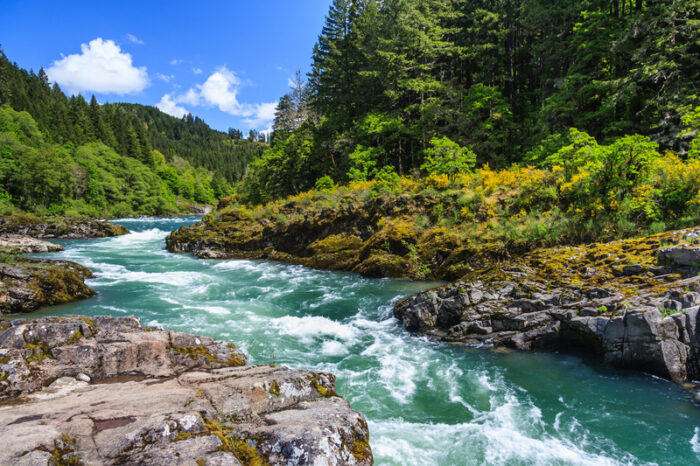 A river and a forest? Or living things with rights like us? (ID 73004270 © Amadeustx | Dreamstime.com)
A river and a forest? Or living things with rights like us? (ID 73004270 © Amadeustx | Dreamstime.com)
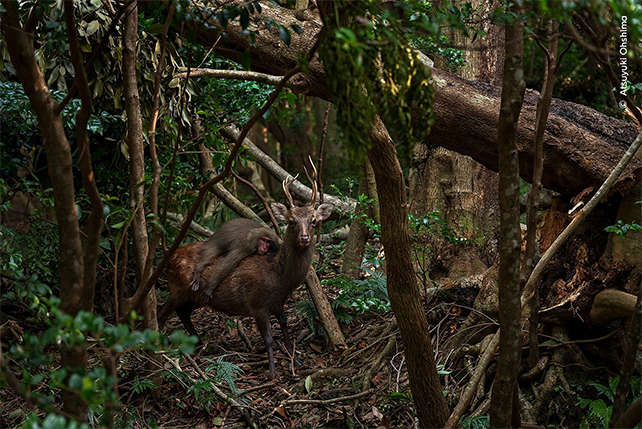
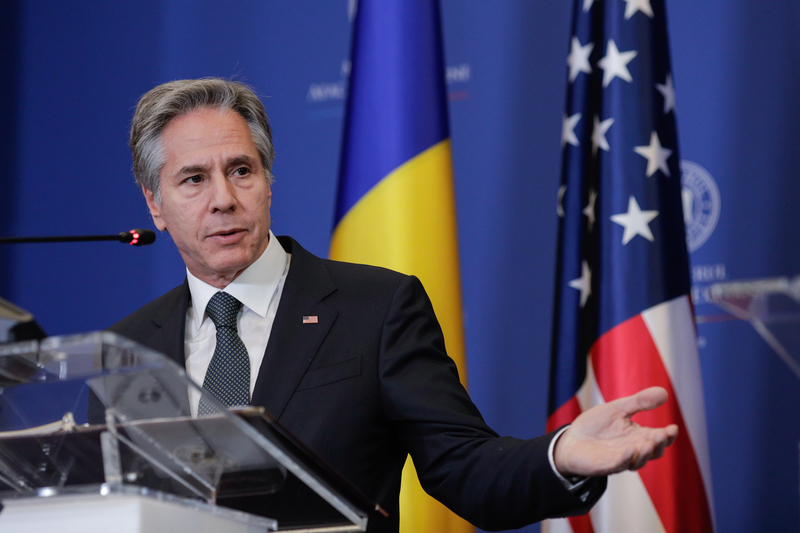
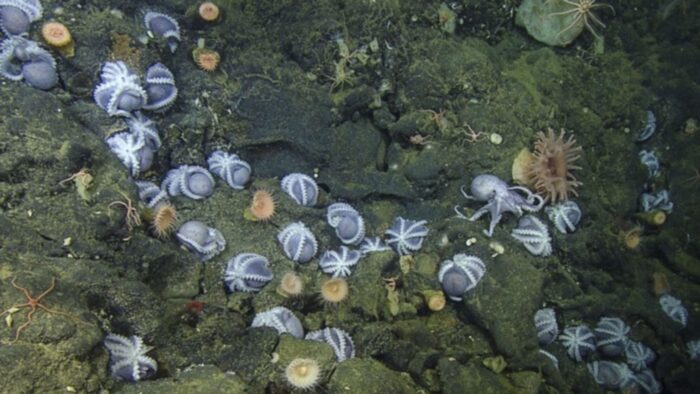
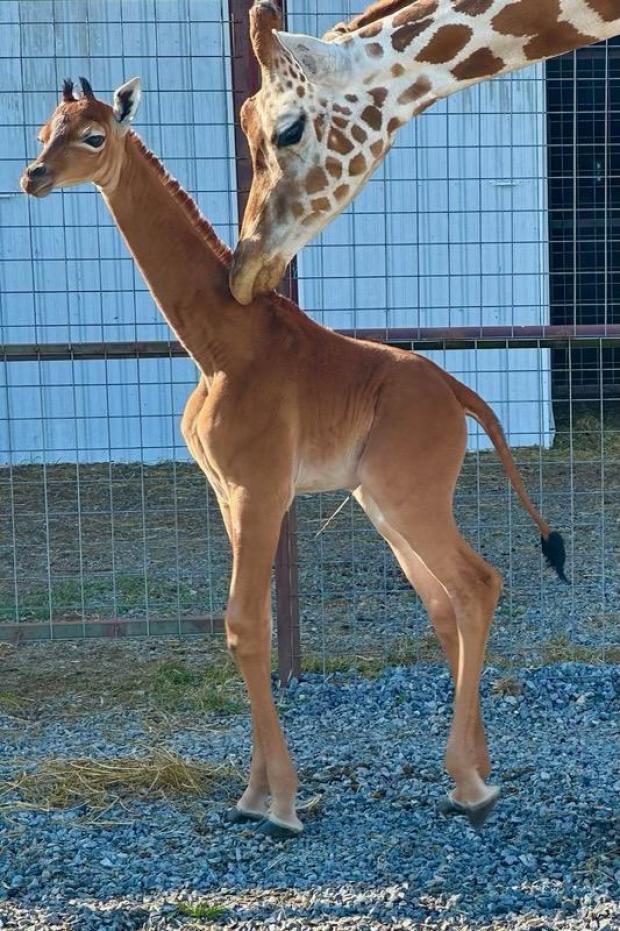
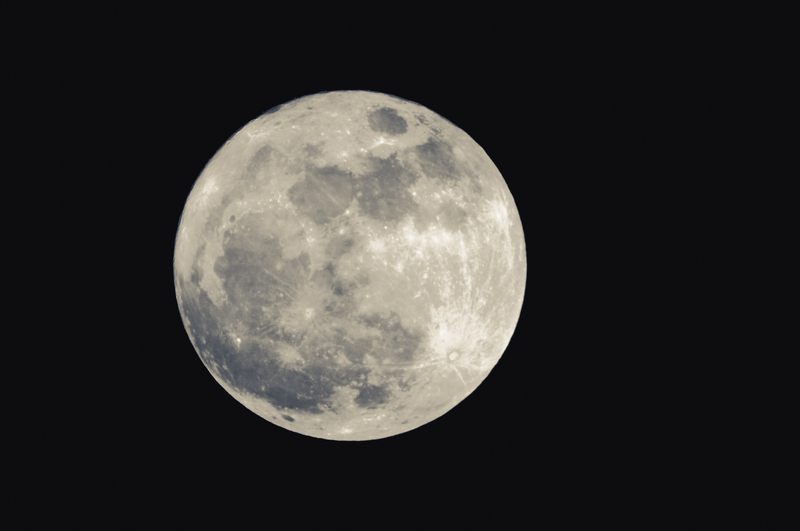
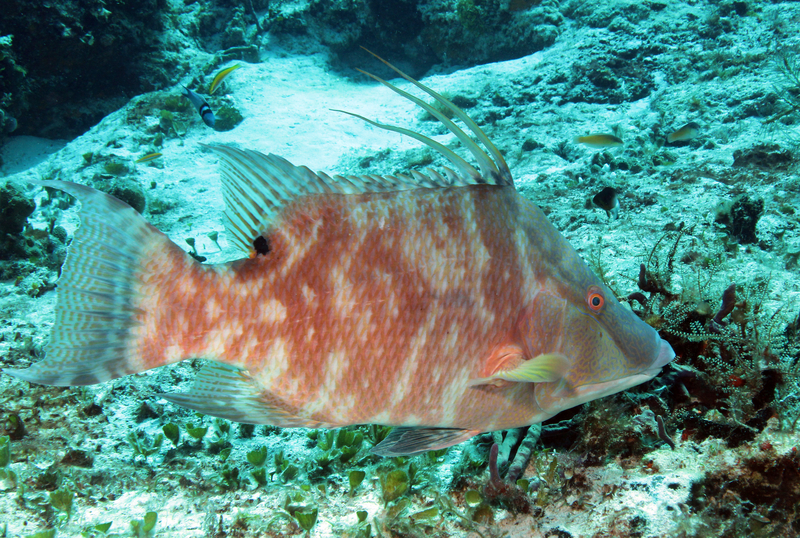
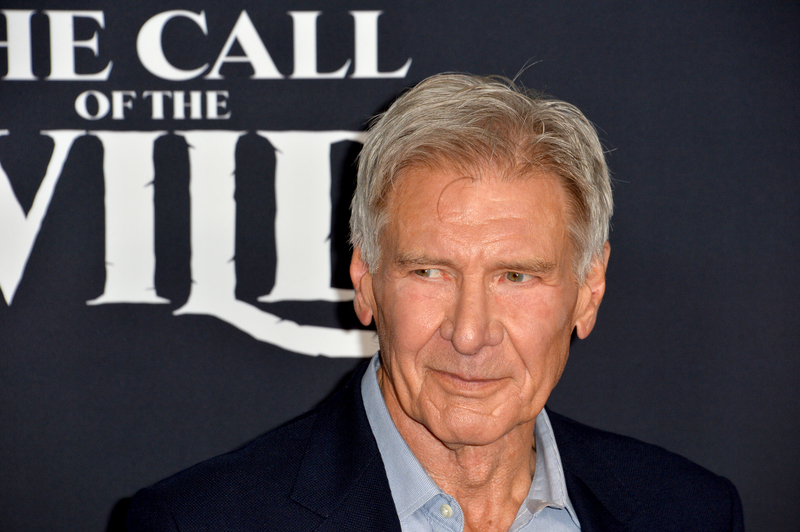
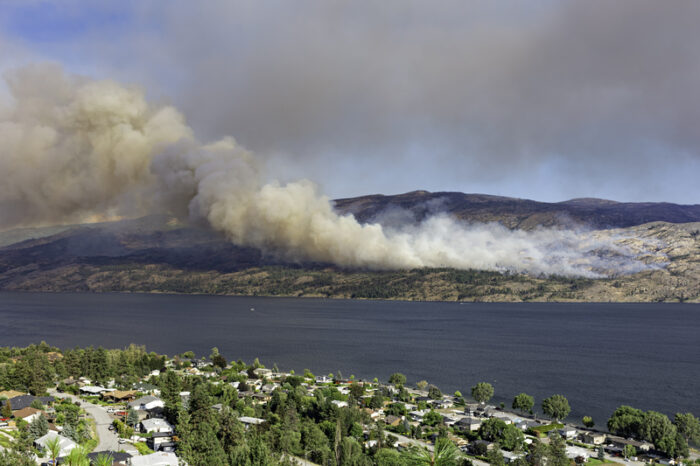
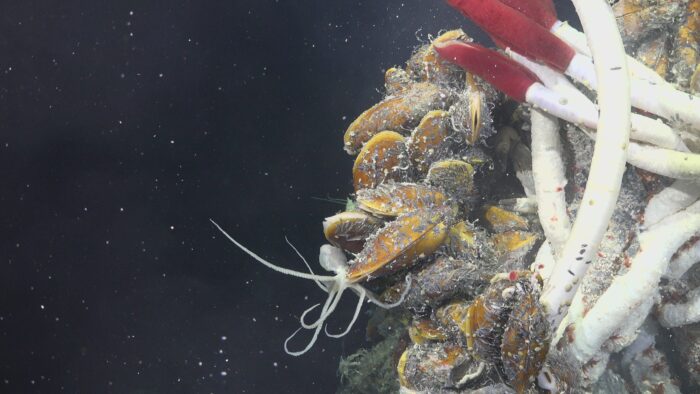
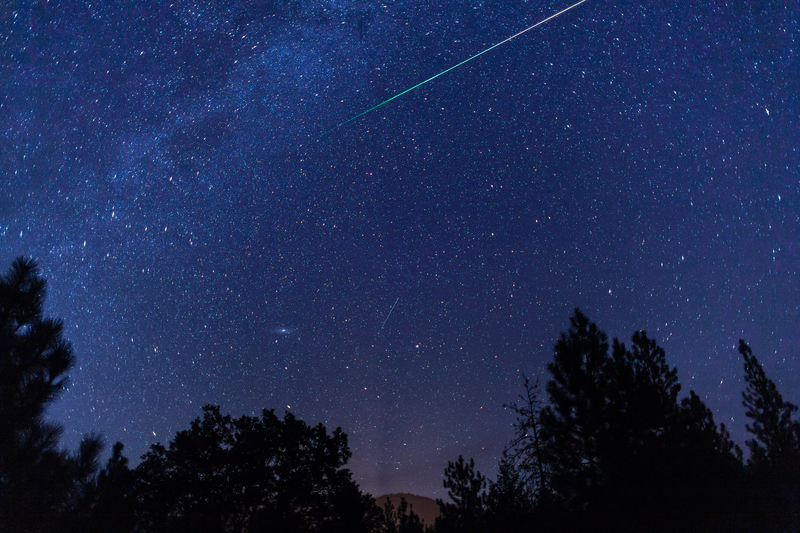
I think it’s a great idea. We need to protect nature!
😀
THIS IS GREAT! Nature was here before us, respect your elders!
Now I have an image of trees with ties and briefcases in my head 😛
🙂 Nature certainly deserves to be respected and protected! If this law, allowing it “personhood”, will do it, then let’s get on with it! Nature most certainly should be given those rights, and corporations should have their “personhood” rights removed! Then we’d see a healthier planet!
THIS IS GREAT! Nature was here before us, respect your elders!
Now I have an image of trees with ties and briefcases in my head 😛